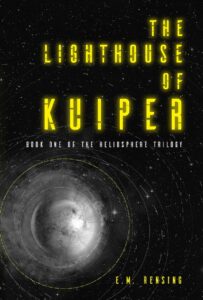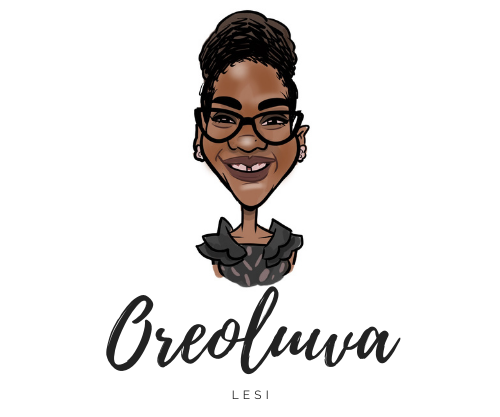
The Lighthouse of Kuiper
As an avid reader, I have had my spells of reading only certain genres or authors. One of my least-explored genres as an adult is Science Fiction, so about two years ago, I decided that I would see what Sci-Fi had to offer.
I dipped my toe with The Martian, then Kindred by Octavia Butler, a collection of short stories by black writers called Black Stars: A Galaxy of New Worlds and most recently, Frankenstein (yes, that Frankenstein).
I’ve learned that sci-fi like other genres is multi-layered and multi-dimensional and very diverse. There is hard sci-fi – like The Martian – which builds its stories on accurate scientific principles and facts. Then, there is soft sci-fi, which plays around scientific themes or tells a story in another place and dimension, and takes more liberties with the accuracy of the scientific facts.
Some, like Kindred, don’t feel “sci-fi-ish” at all beyond the time travel, but are classed as science fiction. This is because science fiction is a broad genre and within it can reside adventure stories, romance stories or a plethora of other types of tales.
So, recently I had the opportunity via NetGalley, to read The Lighthouse of Kuiper by E.M. Rensing.
Life on planet Earth as we know it is over and people are scattered across the solar system, living on different planets and moons. Humans and androids live side-by-uneasy-side.
In all this, Ambera “Tharsis” Chen is serving out her military commission and assignment outside of her home planet of Mars. She had such high hopes of a time of adventure, but it turns out to be a dead-end posting with a bully of a commander.
A long silent voice, starts to speak again across the solar system, watering existing seeds of discord and fanning them into flames of anger. Tharsis finds herself, like any good protagonist, caught-up in a race to silence the voices forever.
I loved the premise. Sign me up for anything that involves space and a race against time. One of the things I appreciated the most about this book was Rensing’s bold creation of a new world and its inhabitants.
However, I really struggled to get into this book. I already know that due to the fact that I read mostly in snatched minutes here and there, any book that requires me to invest a lot of attention upfront will be a challenge initially. If the pieces of the story start to fall in place fairly quickly and the writing is engaging, I usually get pulled in.
If I am still trying to figure out what is going on after 15 pages, this will be more of a chore than a pleasure for me. I chalked it down to all the new terms that I was trying to understand. I tried to build this new world in my head, but sometimes got confused between the characters (there were a few who I was still mixing up by the end of the book) and the “people groups” i.e. the Iapetans, the Toks, the Ibbies and the voiders.
When I read and don’t fully understand, I just keep going, trusting that it will all make sense in the end. This and the great reviews I read online kept pushing me along. So, while I got the general jist of the plot, I feel like I lost a lot of the nuance in the story. And so it was never really a compelling read for me unfortunately. Rensing’s writing is vivid and descriptive, but not enough that I was able to really make full sense of the story.
Nevertheless, I felt that this is an ambitious story (the first in a trilogy) and very cinematic in scope. It would make a visually stunning film and then at least, all the things that I did not understand would be laid out clearly on the screen for me to see. Sign me up for that.

Recent Comments